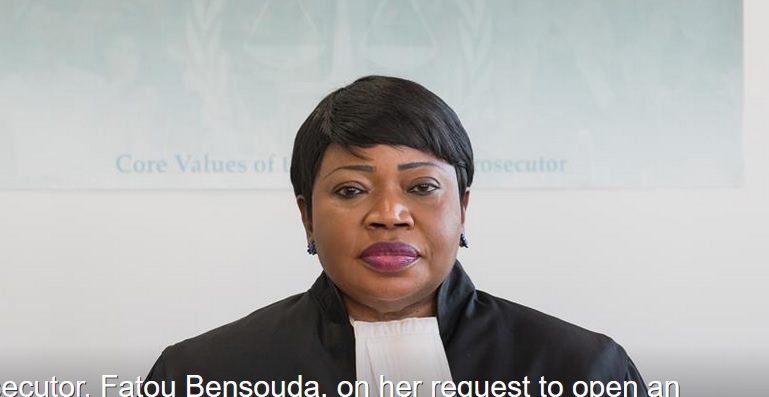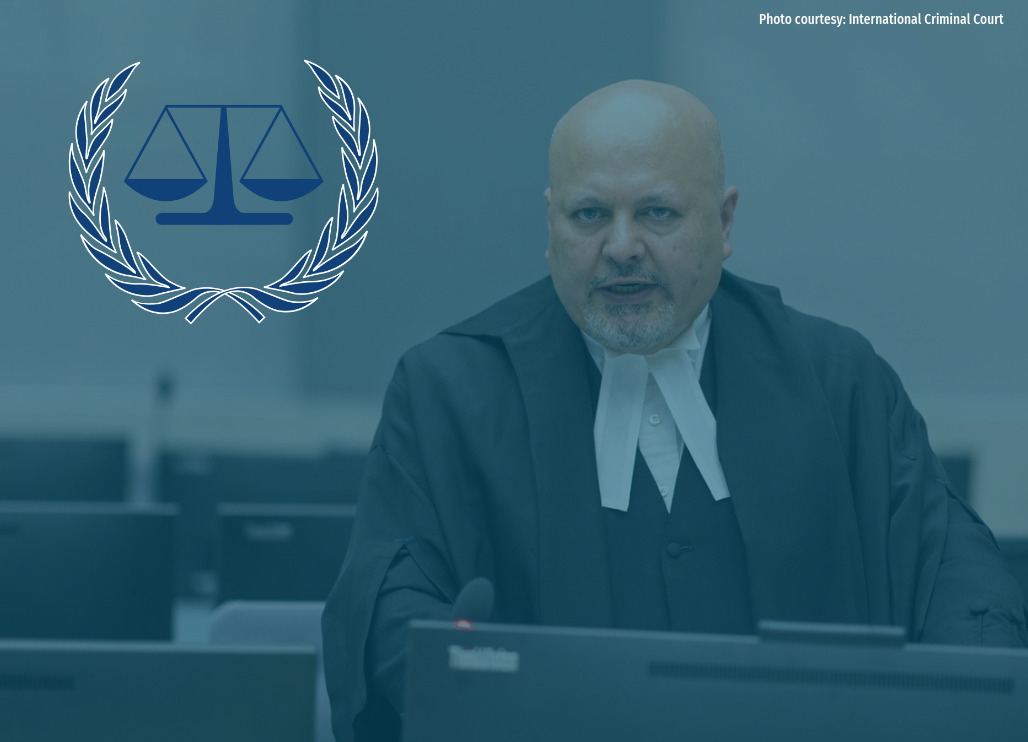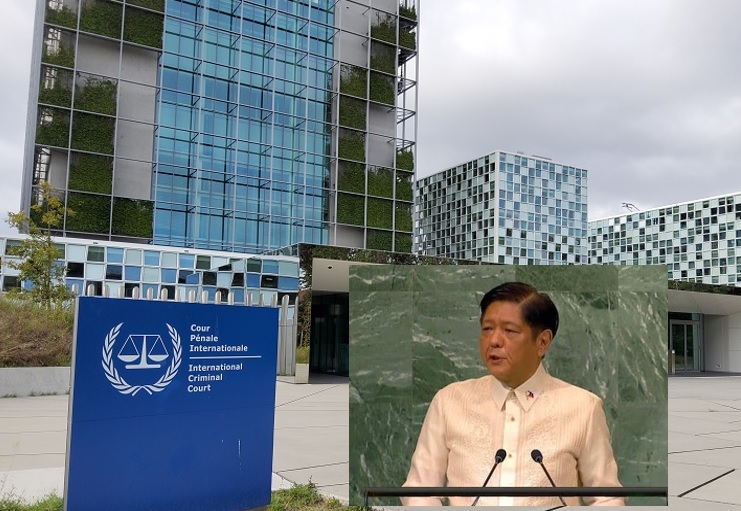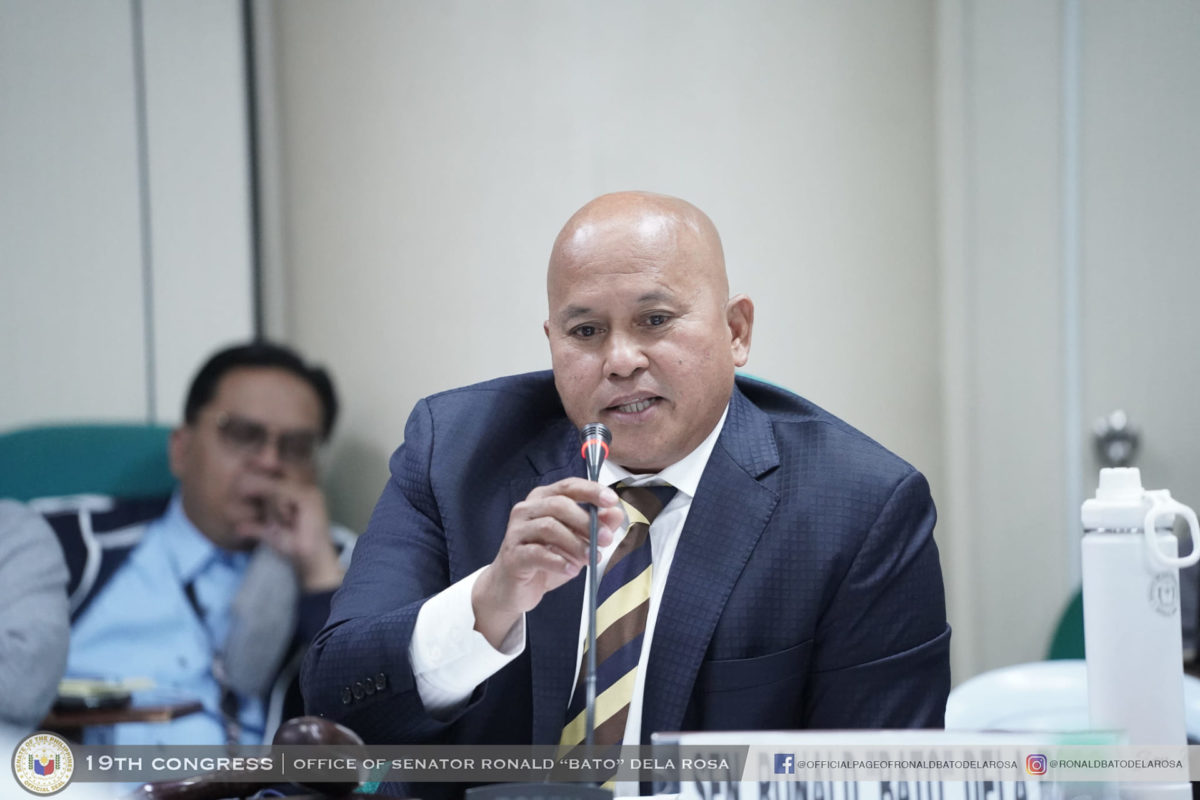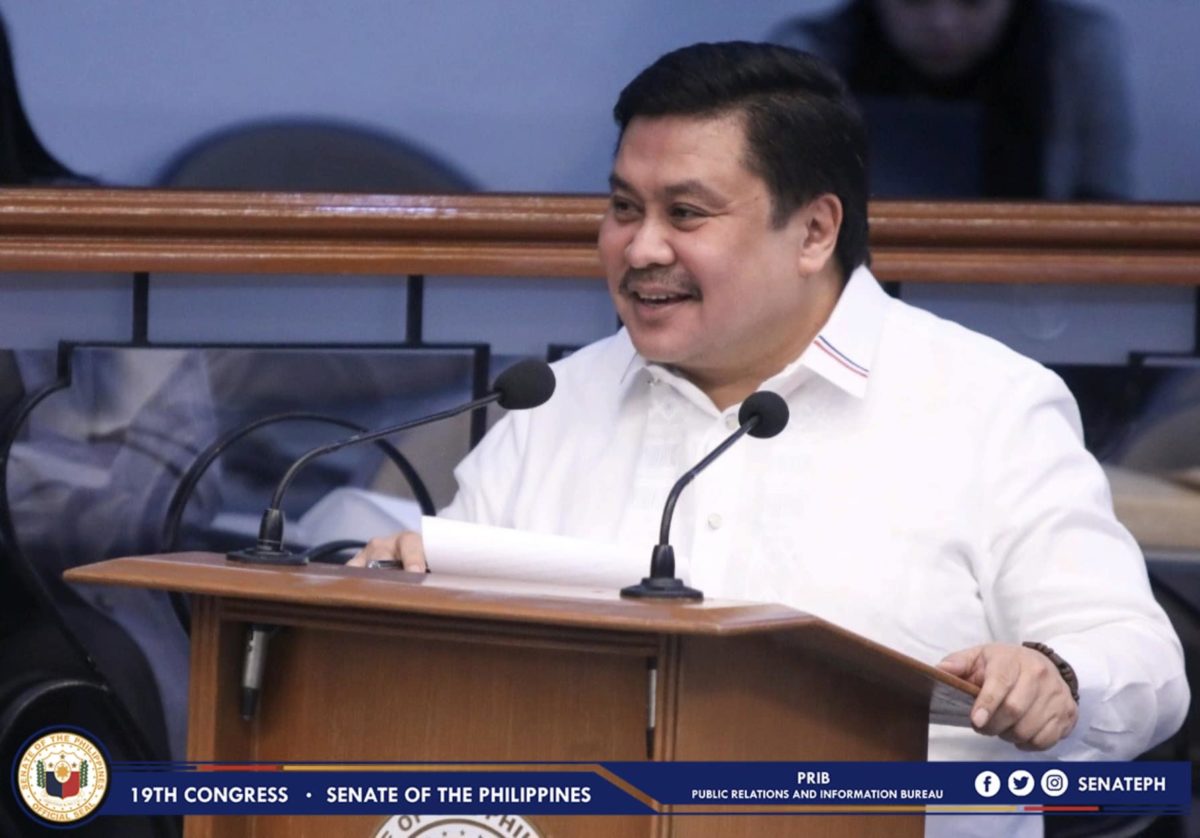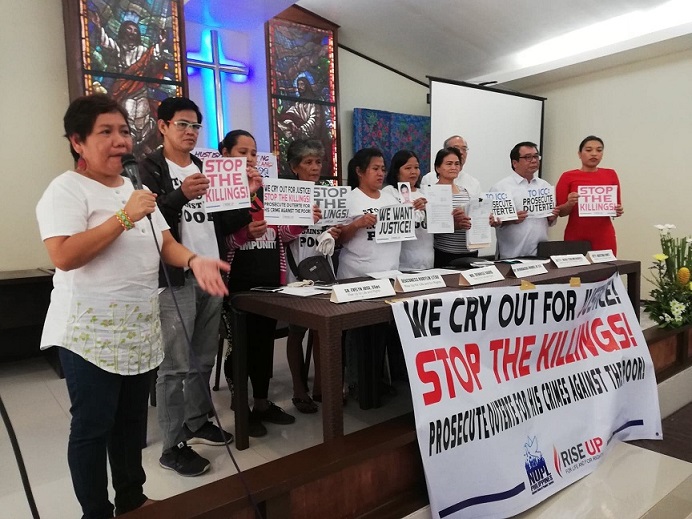
Families of the victims of Duterte’s drug war decided to go to the ICC for justice.
Irma J. Locasia, mother of Salvador J. Locasia, Jr. killed in a police operation on August 31, 2016; Dennise B. David, father of John Jezreel T. David killed in a police operation on January 20, 2017; Maria C. B. Lozano, sister of Crisanto and Juan Carlos B. Lozano both killed in a police operation on May 12, 2017; Mariel F. Sabangan, sister of Bernabe F. Sabangan killed alongside Arnold S. Vitales in a police operation on May 15, 2017; Normita B. Lopez, mother of Djastin B. Lopez killed in a police operation on May, 18, 2017; Purisima B. Dacumos, wife of Danilo G. Dacumos killed in a police operation onAugust 3, 2017.
Last Tuesday, as the Supreme Court started hearing oral arguments on the legality of the withdrawal by the Duterte government from the International Criminal Court, the names mentioned in the first paragraph, held a press conference announcing their decision to go to the ICC in The Hague because they do not expect to get justice for their kin killed in Duterte’s bloody and indiscriminating war against drugs.
They were joined by the group, Rise Up for Life and for Rights, a network of church people, human rights advocates and the victims and families of the affected communities in the Philippines and the National Union of People’s Lawyers.
They accused Duterte of crimes against humanity. They underscored their accusation under three main subheadings: Extra-judicial Killing is a policy announced by Duterte during the campaign and reiterated during his presidency; widespread and systematic extra judicial killings as reflected in the 4,410 cases reported by the Police; direct evidence and pattern point to government-sponsored killings.
Not surprisingly, Presidential Spokesperson Harry Roque, who made a name as a human rights lawyer and the only Filipino accredited in the ICC, dismissed the latest plea for justice from families of victims of Duterte’s drug war as “doesn’t mean anything.”
“Again, my fearless prediction is, it will not prosper dahil nga doon sa konsepto ng complementarity. Hindi po dapat gumalaw ang ICC, unless local courts have proven to be unable or unwilling to exercise jurisdiction on these complaints,” Roque said.
That was the same arrogant attitude of Malacañang lawyers when Atty. Jude Sabio filed the first communication at the ICC against Duterte on the killings by theDavao Death Squad when the strongman was still Davao City mayor. The Sabio communication was followed by another communication by Sen. Antonio Trillanes IV and Magdalo Rep. Gary Alejano.
Well, the ICC did not ignore the communications filed.
Last Feb. 8, ICC Prosecutor Fatou Bensouda decided to open a preliminary examination into the situation in the Philippines.
In a press statement, Bensouda said, “The preliminary examination of the situation in the Philippines will analyse crimes allegedly committed in this State Party since at least 1 July 2016, in the context of the ‘war on drugs’ campaign launched by the Government of the Philippines. Specifically, it has been alleged that since 1 July 2016, thousands of persons have been killed for reasons related to their alleged involvement in illegal drug use or dealing. While some of such killings have reportedly occurred in the context of clashes between or within gangs, it is alleged that many of the reported incidents involved extra-judicial killings in the course of police anti-drug operations.”
Bensouda stressed that, “A preliminary examination is not an investigation but a process of examining the information available in order to reach a fully informed determination on whether there is a reasonable basis to proceed with an investigation pursuant to the criteria established by the Rome Statute.”
In one of Roque’s early statements, he said that the ICC process take a long time, in some cases more than 10 years. The case might even outlive Duterte.
That maybe true but in the ICC process, once the investigators have collected evidence on the crimes, the Judges can order the tracing and freezing of assets. The person is arrested and sent before a trial chamber after aconfirmation of charges hearing.
Duterte had warned about arresting instead Buensoda if she comes here in the Philippines.
While President Duterte may be able to prevent his arrest in the country, he wouldbe risking arrest if he is in another country that has signed and ratified the Rome statute. That would definitely limit his overseas travels.
Victims may apply to participate in the proceedings which is included in the “Prayer” of the complainants.
The accused may plead guilty or not guilty
The ICC trial does not end when he accused is convicted. There will be Reparation proceedings for the families of the victims. The Trust Fund implements the Reparation Award.
“Yes, we cry out for justice for my son, a hard-working, young man who was just picked up at a police check point on his way home from work. But this is bigger than us now; I don’t want others to suffer the same fate as that of my son. Despite our fear and limited resources, we will try every avenue and arena possible to ensure that,” Dennise David said.
Former Representative Neri Colmenares, NUPL national chair said, “The Communication and Complaint filed with the office of Prosecutor Bensouda aims to make President Duterte, being the most responsible, account for his crimes against humanity committed through acts of murder for the extra-judicial killings of thousands of Filipinos and other inhumane acts for causing great suffering to the victims and their families under the Article 7 of the Rome Statute.”
